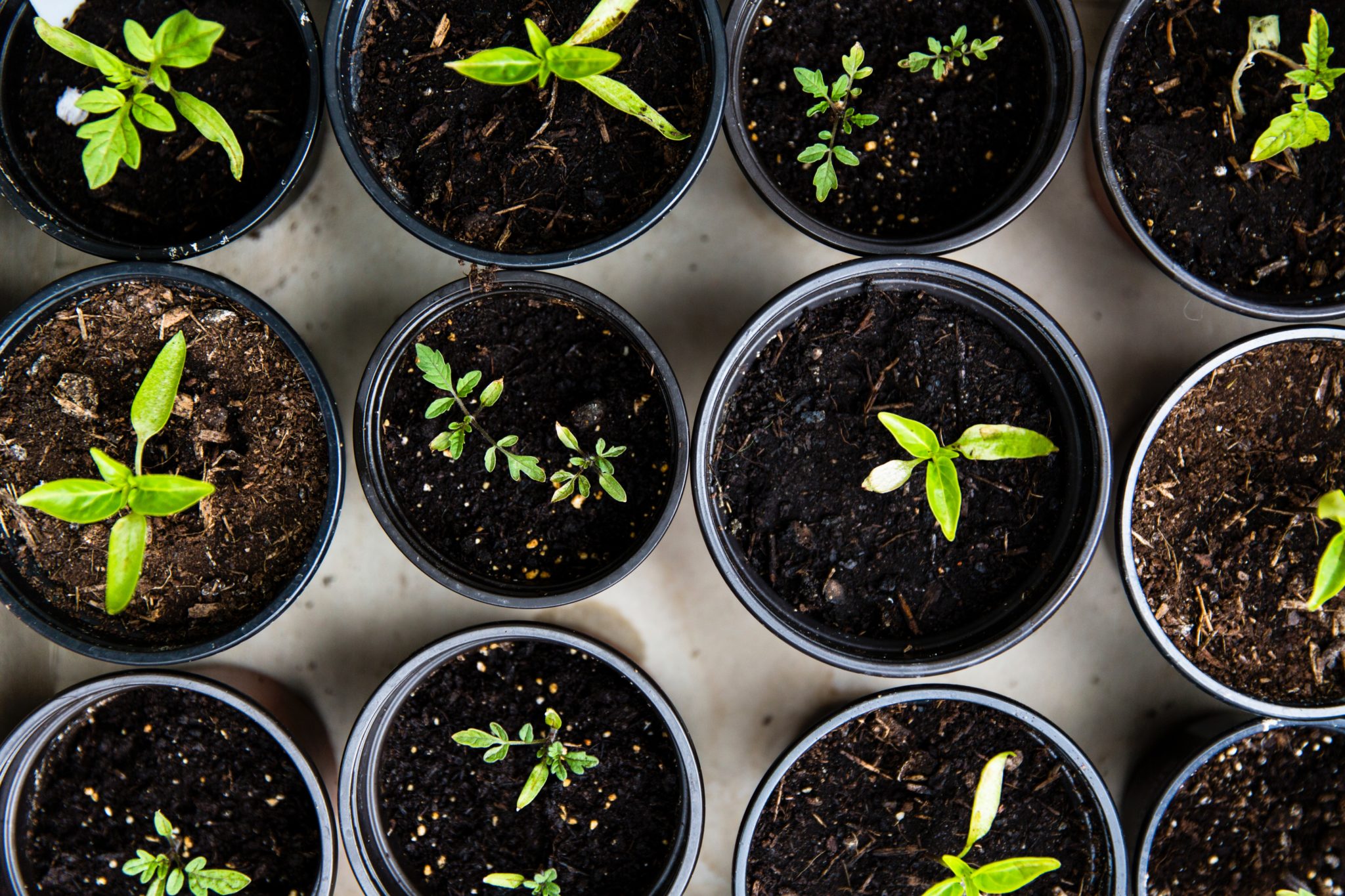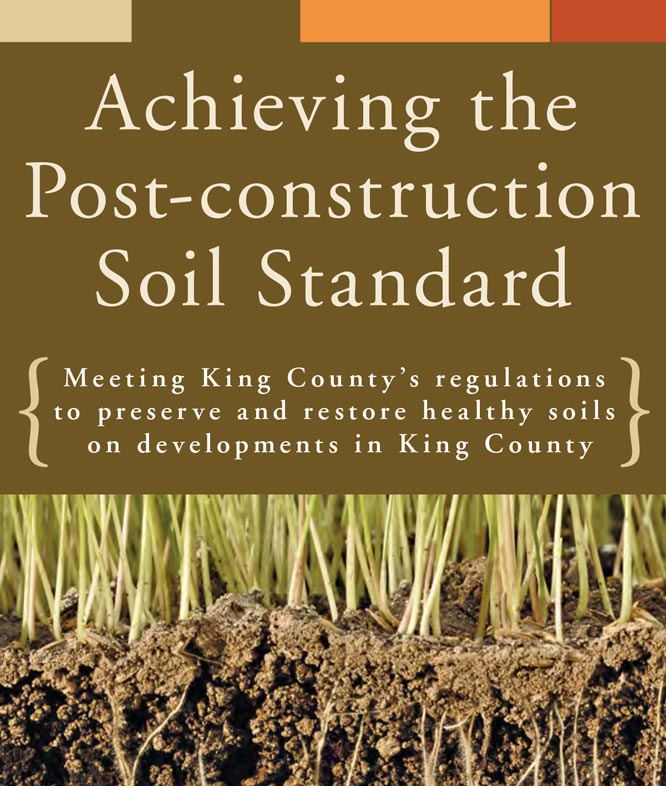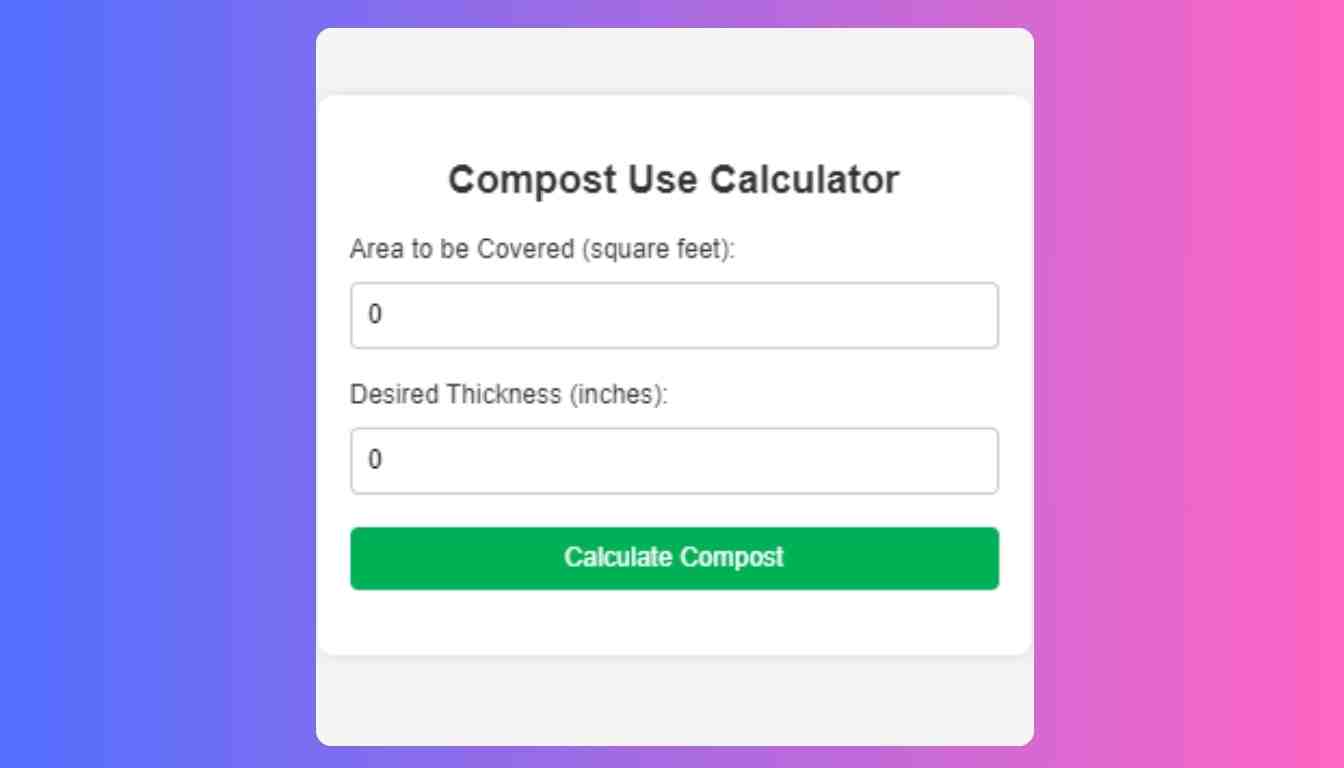The Compost Use Calculator helps determine the amount of compost needed for specific areas. Whether you’re tending a small garden or a large farm, this tool helps optimize compost application for healthier soil and plants.
Compost Use Calculator
Compost is a valuable resource for enriching soil and promoting plant growth. The Compost Use Calculator offers a quick and easy way to calculate the appropriate amount of compost needed for your gardening or farming needs. By inputting information such as the area size and desired compost application depth, the calculator provides accurate recommendations for optimal compost use.
Whether you’re a novice gardener or an experienced farmer, using this tool ensures that you’re making the most of your compost and reaping the benefits of improved soil health and plant vitality.
How A Compost Use Calculator Works
A Compost Use Calculator is an essential tool for gardeners and farmers to determine the appropriate amount of compost needed for their soil. This calculator takes into account various factors to provide precise guidance on compost application, helping users make environmentally friendly and cost-effective decisions. Understanding how a Compost Use Calculator works can greatly enhance your agricultural practices and contribute to a healthier and more sustainable environment.
Factors Considered In The Calculation
When using a Compost Use Calculator, several critical factors are considered in the calculation process:
- Soil Type
- Current Soil pH Levels
- Targeted Soil pH Levels
- Square Footage of the Area
- Compost Nutrient Content
- Crops or Plants to be Grown
Benefits Of Using A Compost Use Calculator
Utilizing a compost use calculator offers numerous advantages:
- Cost-Effective Farming Decisions
- Precise Compost Application
- Environmental Sustainability
- Optimized Soil Health
Features Of A Compost Use Calculator
When it comes to composting, accuracy and customization are vital for achieving the best results. That’s where a Compost Use Calculator comes in handy. This useful tool allows you to determine the precise amount of compost needed for your garden or landscaping project. Let’s explore two key features that make the Compost Use Calculator a must-have for anyone seeking to optimize their composting efforts.
1. Accuracy Of Calculations
One of the primary factors that set the Compost Use Calculator apart is its remarkable accuracy when it comes to determining the amount of compost required. Using advanced algorithms and data analysis, this calculator takes into account important variables such as soil type, plant type, and specific project requirements.
This high level of precision ensures that you neither waste compost by using too much nor compromise the health of your plants by using too little. By inputting accurate information, you can trust the Compost Use Calculator to provide you with the optimal compost quantity, giving your plants the perfect environment to thrive.
2. Customization Options Available
The Compost Use Calculator understands that every garden or landscaping project is unique. That’s why it offers a range of customization options to tailor the compost application to your specific needs. With this calculator, you have the freedom to adjust key parameters such as project size, desired soil improvement level, and the depth of compost application.
This level of customization allows you to fine-tune the compost application to match the unique requirements of your project. Whether you’re planning a small backyard garden or a large-scale landscaping project, the Compost Use Calculator empowers you to take full control of your composting approach.
Step-by-step Guide To Using A Compost Use Calculator
Using a compost use calculator can greatly simplify the process of determining the right amount of compost to use for your garden. Whether you are a beginner or an experienced gardener, following a step-by-step guide can help you make the most of this useful tool. In this article, we will walk you through the process, from entering input data to interpreting the results.
Entering Input Data
To begin using the compost use calculator, you need to provide some information about your garden and the compost you have available. Here’s a step-by-step breakdown:
- Measure your garden area: Measure the length and width of your garden plot using a tape measure or any suitable measuring tool.
- Enter garden dimensions: In the compost use calculator, enter the length and width of your garden plot in the provided input fields.
- Select garden type: Choose the type of garden you have from the available options, such as vegetable garden, flower garden, or lawn.
- Specify compost properties: Enter the percentage of organic matter and nutrient content present in your compost. This information can usually be found on the packaging or by conducting a compost analysis.
- Submit the data: After entering all the required information, click on the “Submit” button to calculate the recommended compost application rate.
Interpreting The Results
Once you have submitted the input data, the compost use calculator will generate results that you can use to guide your compost application. Here’s how to interpret the results:
- Recommended application rate: The calculator will provide you with the ideal amount of compost to apply, typically measured in pounds or cubic feet.
- Application frequency: Based on your garden size and compost properties, the calculator may suggest how frequently you should apply compost, such as once a season or annually.
- Benefits of compost application: The results may also include information on the specific benefits of using compost in your garden, such as improved soil structure, increased nutrient availability, and enhanced plant growth.
- Additional tips: Some compost use calculators provide additional tips or recommendations to help optimize your composting practices and maximize the benefits for your garden.
By following these steps and understanding the results generated by the compost use calculator, you can make informed decisions about compost application in your garden. Harnessing the power of technology simplifies the process and ensures that you are providing your plants with the right amount of compost for optimal growth and health.

Credit: www.savingwater.org
Comparison Of Different Compost Use Calculators
When it comes to managing compost use effectively, the availability of various compost use calculators can be incredibly beneficial. However, comparing different compost use calculators is essential to determine which one best suits your needs. This section will explore the popular compost use calculators in the market and the key differences and similarities between them.
Popular Compost Use Calculators In The Market
There are several popular compost use calculators widely used by both home gardeners and professional landscapers:
- Compost Now
- Gardener’s Supply Company
- Compost Calculator by Soil3
- LOOP-PRO
Key Differences And Similarities
When comparing these compost use calculators, it’s important to consider their key differences and similarities. Here’s a breakdown:
| Compost Use Calculator | Key Differences | Similarities |
|---|---|---|
| Compost Now | Provides tailored recommendations based on specific compost materials | Offers user-friendly interface and detailed instructions |
| Gardener’s Supply Company | Includes options for various types of gardens and plantings | Provides customizable inputs and tips for compost application |
| Compost Calculator by Soil3 | Focuses on organic soil amendment and compost application rates | Offers comprehensive guides and resources for composting |
| LOOP-PRO | Utilizes advanced algorithms for precise composting recommendations | Includes interactive features for tracking composting progress |
Tips For Maximizing The Benefits Of A Compost Use Calculator
Maximize the benefits of a compost use calculator with these helpful tips. Input accurate data, adjust variables, and analyze results to optimize compost usage. By following these strategies, you can make informed decisions about compost application, improve soil health, and reduce environmental impact.
Utilizing The Results Effectively
Once you’ve used the Compost Use Calculator and obtained the results, it’s time to put those numbers to work. Here are some tips for getting the most out of your compost use calculator and maximizing the benefits it provides:
1. Understand the Recommendations
Take the time to thoroughly analyze the recommendations provided by the compost use calculator. These suggestions are tailored specifically to your unique composting needs, so it’s crucial to understand them.
2. Adjust Composting Practices
Based on the recommendations, make adjustments to your composting practices. This could involve changes in the types or ratios of materials you compost, as well as modifications to your composting methods.
3.Monitor and Observe
Once you’ve implemented the recommended changes, keep a close eye on your compost pile. Regular monitoring will help you gauge the effectiveness of the adjustments and make any necessary tweaks as you progress.
4. Be Patient
Composting is a gradual process, so it’s important to be patient. Allow sufficient time for your compost to mature and for the benefits to manifest. Rome wasn’t built in a day, and neither is a thriving compost pile.
5. Measure the Results
Periodically measure and track the results of your composting efforts. This could include factors such as the nutrient content of the compost, the quality of your garden or plant growth, and the reduction in chemical fertilizer use.
Adjusting Composting Practices Based On Recommendations
Now that you have a better understanding of how to utilize the results of the compost use calculator, let’s dive deeper into the process of adjusting your composting practices based on its recommendations.
Here are the essential steps you can take to ensure that you’re making the most out of the suggestions provided:
1. Analyze the Ratios
Pay close attention to the recommended ratios of green (nitrogen-rich) and brown (carbon-rich) materials in your compost pile. Adjust the quantities accordingly to achieve the ideal balance for efficient decomposition.
2. Source Local Materials
Consider sourcing local materials that are recommended by the calculator. Using materials readily available in your area not only helps minimize transportation costs but can also contribute to a more sustainable composting process.
3. Incorporate Amendments
If the compost use calculator suggests the addition of specific amendments, such as lime or sulfur, carefully follow these recommendations. Amendments can help optimize the pH levels and nutrient content of your compost.
4. Fine-Tune Moisture Levels
Based on the recommendations, make adjustments to the moisture levels of your compost pile. Aim for a moisture balance that is neither too dry nor too wet, as this will support optimal microbial activity.
5. Adjust Aeration Practices
Proper aeration is vital for an effective composting process. Take into account any recommendations provided by the calculator regarding turning or aerating your compost pile. This will ensure the necessary oxygen flow for decomposition.
By following these steps and giving careful consideration to the recommendations, you can enhance the efficiency of your composting efforts and reap the maximum benefits from your compost use calculator.

Credit: urbanwormcompany.com
Case Studies
Case studies demonstrate the real-world impact of using a compost use calculator to enhance sustainability and soil health. By examining successful applications, we can gain insight into the practical benefits of incorporating compost into various settings, from agricultural fields to urban landscapes.
Real-world Examples Of Successful Compost Use With The Help Of A Calculator
1. Farming: A family-owned farm in Oregon increased crop yield by 20% after using a compost use calculator to determine the optimal amount of compost for their soil.
2. Landscaping: A city park in New York City revitalized its soil and reduced water usage by 30% by utilizing a compost use calculator to determine the appropriate compost application for their gardens and green spaces.
Impact On Sustainability And Soil Health
Using a compost use calculator has a profound impact on sustainability and soil health. The appropriate application of compost not only improves soil structure and nutrient content but also reduces the need for chemical fertilizers, minimizing environmental impact.
Future Developments In Compost Use Calculators
Technological Advancements
Advancements in sensors for real-time data collection.
Improved algorithms for more accurate compost recommendations.
Integration With Other Tools For Enhanced Functionality
Seamless integration with weather forecasting services.
Compatibility with smart home devices for automated composting.
Innovations in sensor technology allow for precise real-time data gathering. Algorithms are being enhanced to offer more accurate compost suggestions. Compost calculator tools will soon integrate with weather forecasting services. They will seamlessly work with smart home devices for automated composting.

Credit: kingcounty.gov
Frequently Asked Questions On Compost Use Calculator
What Is A Compost Use Calculator?
A compost use calculator is a tool that helps you determine the amount of compost needed for your gardening projects based on the surface area and desired depth. It takes the guesswork out of composting, making it easier to achieve optimal results.
How Do I Use A Compost Use Calculator?
Using a compost use calculator is simple. Enter the dimensions of the area you want to cover, along with the desired depth of compost. The calculator will then provide you with the amount of compost in cubic yards or bags required for your project.
Why Is It Important To Use A Compost Use Calculator?
Using a compost use calculator ensures that you use the right amount of compost for your gardening projects. This helps avoid over- or under-fertilization, ensuring optimal plant growth and reducing waste. By using a calculator, you can save money and make more efficient use of your compost.
Can I Use A Compost Use Calculator For Any Gardening Project?
Yes, you can use a compost use calculator for any gardening project where you need to apply compost. Whether you’re working on a small flower bed or a large vegetable garden, a compost use calculator will provide you with accurate measurements to achieve your desired results.
Conclusion
Incorporating a compost use calculator can simplify your waste management process. Make the most of this tool to optimize your composting efforts and contribute to a sustainable environment. Take the guesswork out of composting with the aid of a calculator and watch your organic waste transform into valuable resources.


